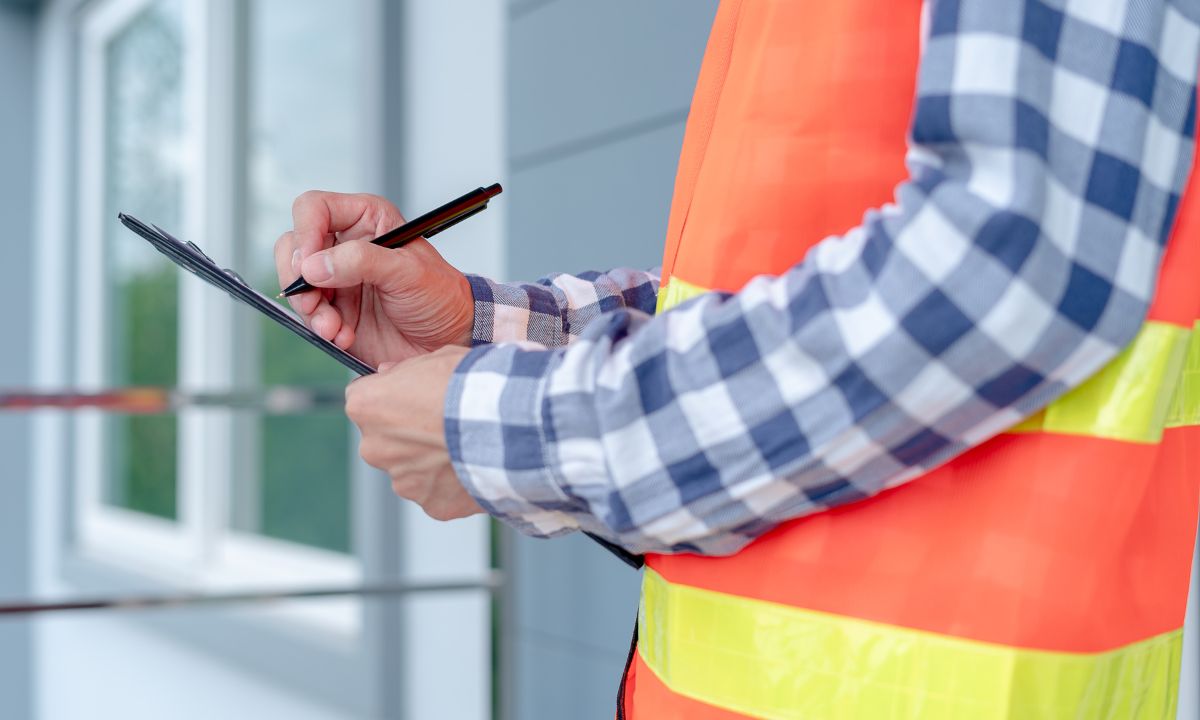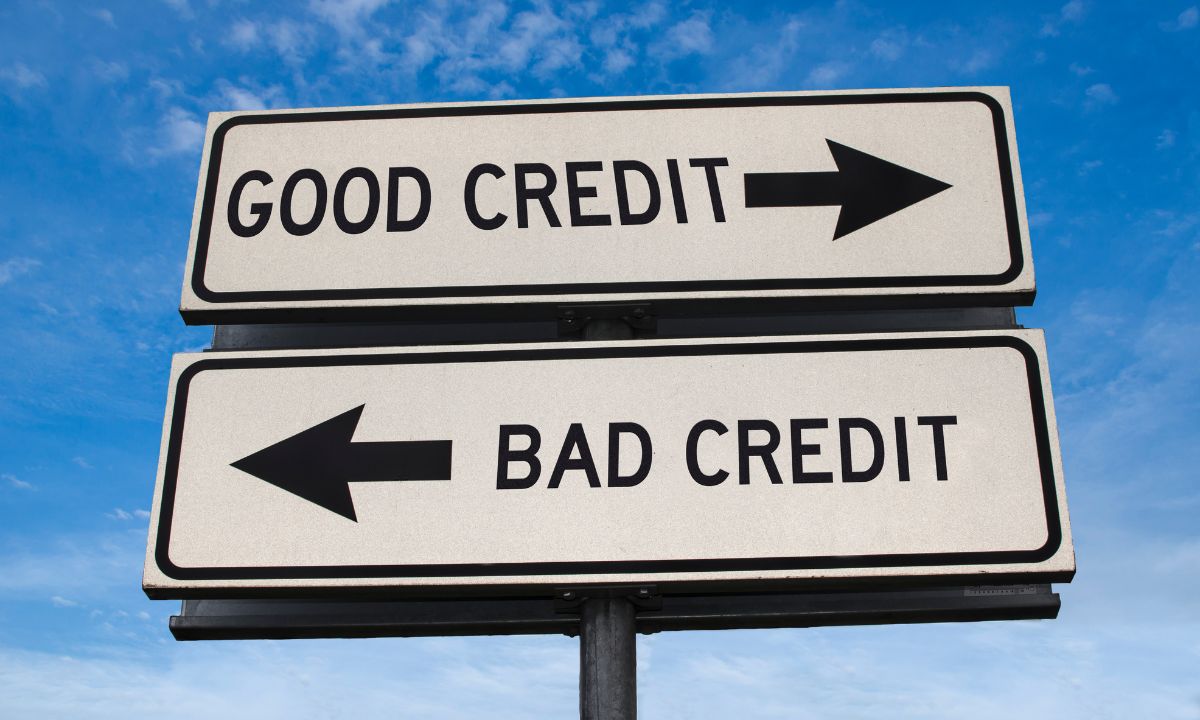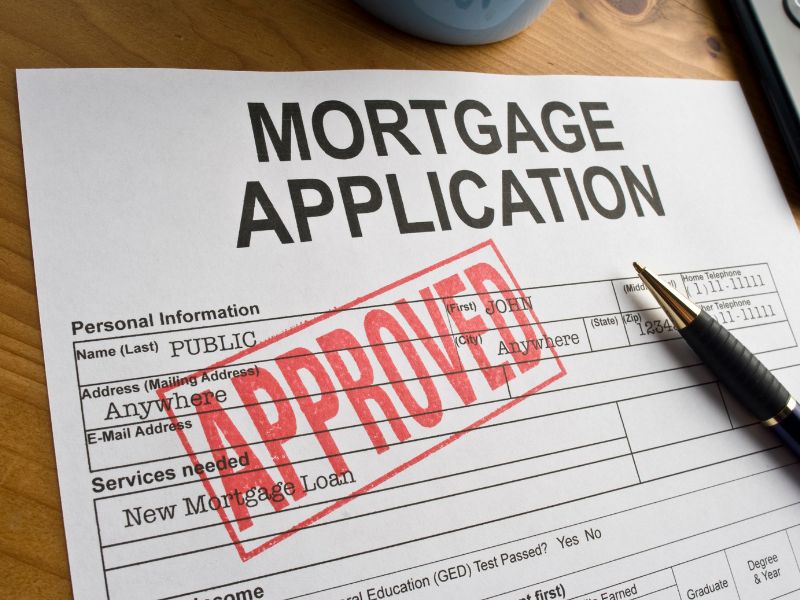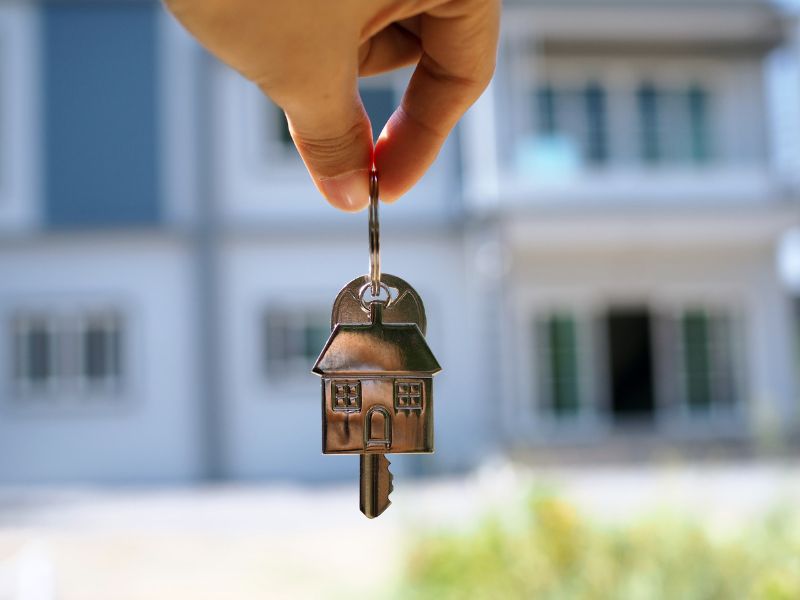 Selling a home can be a roller coaster of emotions, especially when it comes to the appraisal process. Homebuyers and sellers alike are keenly aware of the importance of a successful appraisal, as it can make or break a deal. To help ensure your home appraises for the highest possible value, here are three tips every homeowner should consider.
Selling a home can be a roller coaster of emotions, especially when it comes to the appraisal process. Homebuyers and sellers alike are keenly aware of the importance of a successful appraisal, as it can make or break a deal. To help ensure your home appraises for the highest possible value, here are three tips every homeowner should consider.
1. Information is King
Appraisers typically spend only about 30 minutes or less inspecting the interior of a home. This brief visit is all they have to make a first impression, so it’s crucial to prepare thoroughly beforehand. One of the best ways to do this is by creating a comprehensive packet of information for the appraiser.
Your packet should include:
- A fact sheet with your home’s address, year built, square footage, number of bedrooms and bathrooms, and lot size.
- A list of recent sales in your area, highlighting any for-sale-by-owner homes or quick sales due to unique circumstances.
- A detailed list of improvements made to the home, including dates and contractor contact information.
While appraisers have access to sales data, providing specific information about your home can ensure they don’t miss anything that could positively influence your appraisal.
2. If It’s Broken, Fix It
The condition of your home significantly impacts its “effective age,” which appraisers use to determine value. Effective age reflects how well the home has been maintained rather than its actual age. Any visible wear and tear can increase this effective age, leading to a lower value.
Common issues to address include:
- Cracked windows
- Worn carpets
- Broken tiles
- Torn vinyl flooring
- Damaged fixtures
By fixing these problems, you can help ensure your home is assessed as being in better condition, which can positively affect its appraised value.
3. Give the Home a Quick Cleaning
While cleanliness itself doesn’t directly impact a home’s appraised value, it does contribute to the overall impression of how well the home has been maintained. A clean, well-presented home can give the illusion of better upkeep, which can subtly influence the appraiser’s perception.
Focus on:
- Tidying up landscaping
- Cleaning carpets
- Removing marks from walls
Remember, while some factors that impact home value are out of your control, taking these steps can streamline the appraisal process and potentially increase your home’s value. Preparing your home well can also attract more buyers and ultimately lead to a successful sale.
 With all of the economic uncertainties, many homeowners find themselves facing financial hardships that impact their ability to meet mortgage payments. Whether it’s due to job loss, medical emergencies, or other unexpected circumstances, the fear of losing one’s home can be overwhelming. Fortunately, there’s a lifeline available in the form of mortgage forbearance.
With all of the economic uncertainties, many homeowners find themselves facing financial hardships that impact their ability to meet mortgage payments. Whether it’s due to job loss, medical emergencies, or other unexpected circumstances, the fear of losing one’s home can be overwhelming. Fortunately, there’s a lifeline available in the form of mortgage forbearance. You’re on the exciting journey of purchasing a new home, and you might find yourself in a situation where the property has a shared fence. This may not seem like a big deal at first, but shared fences can sometimes come with their own set of considerations and challenges. As a seasoned real estate agent, I’m here to share some valuable tips to help you navigate the process smoothly.
You’re on the exciting journey of purchasing a new home, and you might find yourself in a situation where the property has a shared fence. This may not seem like a big deal at first, but shared fences can sometimes come with their own set of considerations and challenges. As a seasoned real estate agent, I’m here to share some valuable tips to help you navigate the process smoothly. When it comes to selling a home, it is a common belief that once the offer is accepted, there is nothing else to be negotiated. However, issues and obstacles that can arise during the home inspection can be a cause for discussion with the seller. Whether you’re currently searching for houses or your offer has already been accepted and you’re preparing for the next step, here are some tips in the event that the home inspection isn’t up to par.
When it comes to selling a home, it is a common belief that once the offer is accepted, there is nothing else to be negotiated. However, issues and obstacles that can arise during the home inspection can be a cause for discussion with the seller. Whether you’re currently searching for houses or your offer has already been accepted and you’re preparing for the next step, here are some tips in the event that the home inspection isn’t up to par. When thinking about homeownership, a perfect credit score often seems like the golden ticket. But what if your credit history isn’t picture-perfect? Don’t worry; buying a home with bad credit is still within reach. With careful planning and strategic moves, you can turn your dream of homeownership into a reality. Here are some valuable tips and insights to guide you through the process:
When thinking about homeownership, a perfect credit score often seems like the golden ticket. But what if your credit history isn’t picture-perfect? Don’t worry; buying a home with bad credit is still within reach. With careful planning and strategic moves, you can turn your dream of homeownership into a reality. Here are some valuable tips and insights to guide you through the process: In the realm of real estate, the dream of homeownership often feels like a distant horizon for many individuals and families. Skyrocketing property prices, coupled with stagnant wages, have created significant barriers to entry into the housing market. However, amidst these challenges, there is a glimmer of hope in the form of affordable housing initiatives. These strategies aim to break down the financial barriers and make homeownership accessible to a wider range of people. In this blog post, we’ll explore some innovative approaches that are reshaping the landscape of affordable housing.
In the realm of real estate, the dream of homeownership often feels like a distant horizon for many individuals and families. Skyrocketing property prices, coupled with stagnant wages, have created significant barriers to entry into the housing market. However, amidst these challenges, there is a glimmer of hope in the form of affordable housing initiatives. These strategies aim to break down the financial barriers and make homeownership accessible to a wider range of people. In this blog post, we’ll explore some innovative approaches that are reshaping the landscape of affordable housing. There are few things better than finding your dream home and being able to afford it, but simply because you’ve found the perfect place doesn’t mean you should stretch the truth. It might seem tempting to polish your mortgage application a little in the hopes of making a better impression, but here are a few reasons why you should stick to the truth when signing off on your home.
There are few things better than finding your dream home and being able to afford it, but simply because you’ve found the perfect place doesn’t mean you should stretch the truth. It might seem tempting to polish your mortgage application a little in the hopes of making a better impression, but here are a few reasons why you should stick to the truth when signing off on your home. Owning a home is a significant milestone, representing a culmination of hard work, dreams, and financial investment. However, as any homeowner knows, unexpected repairs and maintenance issues can quickly arise, posing a challenge to both your peace of mind and your budget. This is where home warranty plans step in, offering a layer of protection and financial security for homeowners. In this guide, we’ll explore what home warranty plans entail, how they work, and why they are a valuable asset for protecting your investment and budget.
Owning a home is a significant milestone, representing a culmination of hard work, dreams, and financial investment. However, as any homeowner knows, unexpected repairs and maintenance issues can quickly arise, posing a challenge to both your peace of mind and your budget. This is where home warranty plans step in, offering a layer of protection and financial security for homeowners. In this guide, we’ll explore what home warranty plans entail, how they work, and why they are a valuable asset for protecting your investment and budget. Rate locks play a crucial role in the mortgage application process, helping borrowers secure a favorable interest rate for their home loans. Here’s an explanation of the importance of rate locks and when and how to secure the best rate:
Rate locks play a crucial role in the mortgage application process, helping borrowers secure a favorable interest rate for their home loans. Here’s an explanation of the importance of rate locks and when and how to secure the best rate: Do you ever dream about a larger, roomier, or more luxurious living space? Or perhaps just want to experience the joy of owning your own home and building your net worth instead of renting? Let’s explore a few questions that can help to answer whether or not you’re ready for a new lifestyle as a homeowner.
Do you ever dream about a larger, roomier, or more luxurious living space? Or perhaps just want to experience the joy of owning your own home and building your net worth instead of renting? Let’s explore a few questions that can help to answer whether or not you’re ready for a new lifestyle as a homeowner.